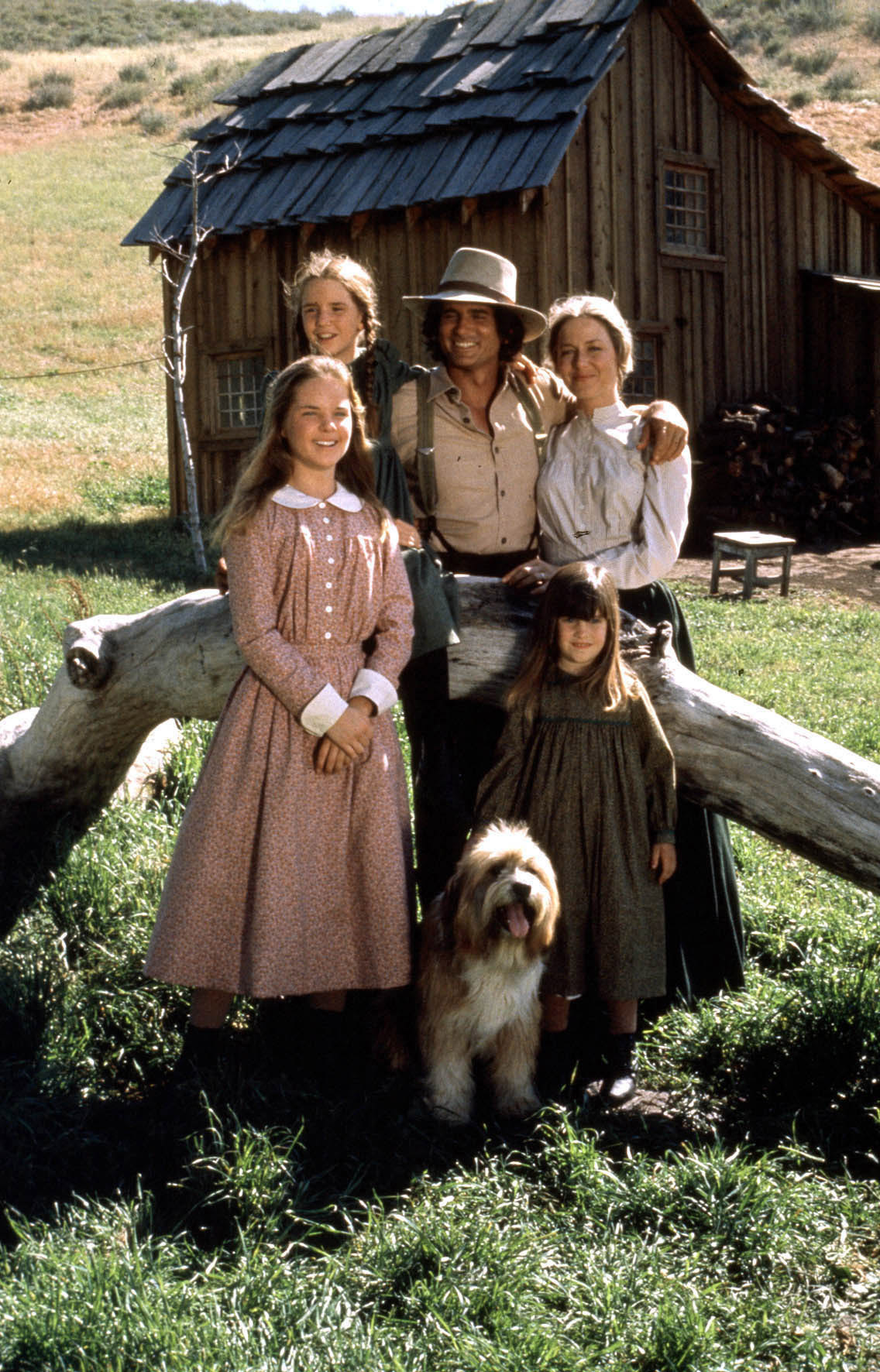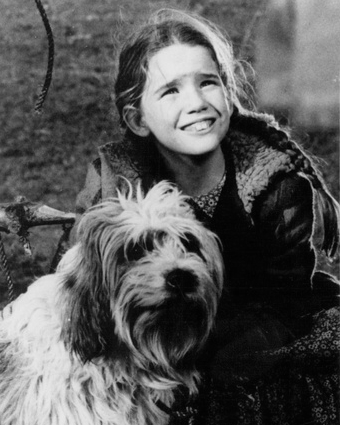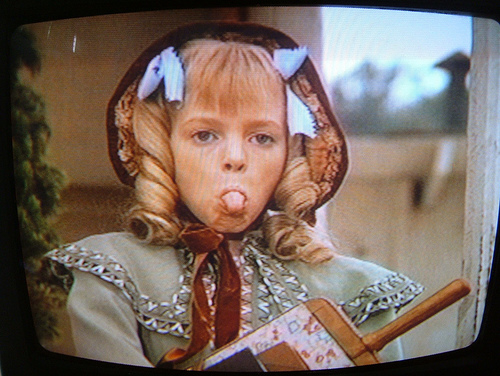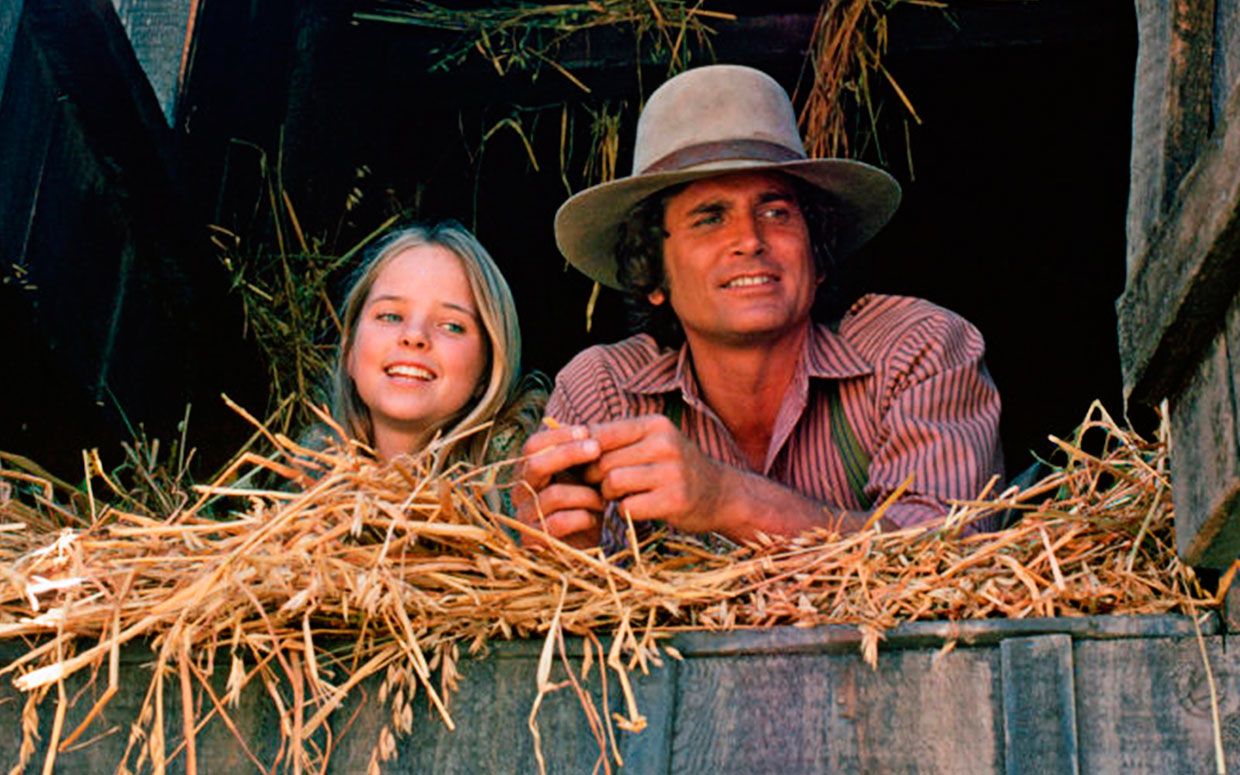 Years ago while working at a Children’s Hospital in Atlanta, I was frustrated that all staff were required to attend a “Shared Values” seminar. Apparently the management of the hospital felt that the employees needed a lesson in how to interact with each other and the public appropriately. I dutifully signed up for my session feeling dismayed that we all had to take the training. My initial thought to completing the class? If every adult had been raised watching “Little House on the Prairie” we wouldn’t have the need for courses like this!
Years ago while working at a Children’s Hospital in Atlanta, I was frustrated that all staff were required to attend a “Shared Values” seminar. Apparently the management of the hospital felt that the employees needed a lesson in how to interact with each other and the public appropriately. I dutifully signed up for my session feeling dismayed that we all had to take the training. My initial thought to completing the class? If every adult had been raised watching “Little House on the Prairie” we wouldn’t have the need for courses like this!
It has been 20 years and I still believe this to be true. Look around at what is on the news today. Then think about the lessons taught each week to millions of young people around the world on the show. I’ll tell you what I learned from the Ingalls Family that has stayed with me for many years.

1. Our value doesn’t come from our profession or bank account. The Ingalls Family struggled to make ends meet from the very first episode of the show. Regardless of the hardships that hit the family they always survived through hard work and faith. They pulled together and always came through with an even stronger bond. The rich family in town could hardly stand each other, but were constantly looking down their noses at the “poor” families in the community. I distinctly remember when the financially wealthiest man in town says the he believes that Charles Ingalls is the richest man in Walnut Grove. Why? Because he realizes that the man’s wealth comes from something of much more value than plain old money. And as I child, I got that message loud and clear. Through “Pa” I also learned that only people with their noses stuck in the air thought that hard working people smelled bad. The messages a young person took from that show was that every job in a community had value. Whatever task you were setting yourself to, do it with pride and do the best job you can. Don’t worry what snobby people think or say about your job.

2. Prejudice is never okay. The show tackled it all over the years. Black characters were added over the show’s run and racism was tackled firmly but with humor. It was always amusing to see Harriet blubbering on trying to remove her foot from her mouth–the woman had no tact in any matter and dealing with people of a different skin color was no exception! But the show didn’t stop with race. There was the Jewish man who always wore a hat, causing Albert to finally ask him if he wore the hat to cover horns. The man laughed and explained his reason for keeping his head covered. There was the disability issue with the blindness of Mary and Adam. An old lady that the town considered a witch, but may have had some type of mental illness. An obese man who left town because he felt his daughter was ashamed of him. Basically the take home point to kids is that the world is full of many different people. They look different from you, have different beliefs and practices, and may do things differently than your family. But all people have equal worth. Treat them as such. When you don’t, people get hurt.

3. Your children don’t have to get everything they want!! Wow, here is a big one in modern day America. Imagine children being told no and denied the material things they want. But they would be so disappointed! Sometimes I wonder what Charles Ingalls would say to modern parents so eager to give their children everything they desire. The value of children having chores and earning money to pay for the things they want is all but lost from what I see all around me. Parents think they are terrible if they don’t give their kids the latest Iphone, tablet, car, wardrobe, whatever. The list of “wants” is endless. There was an episode of a popular network show where the parents couldn’t bear to “disappoint” their daughter by not allowing her to go off to an Ivy League school that she’d been accepted to an the opposite coast. So, they put the entire family in financial jeopardy instead of allowing their daughter to be disappointed. Pretty typical attitude for most parents these days unfortunately. Charles was a wonderful example that our children need parents, not another friend. Say “no” when that is the right answer to give and hold firm. Love your kids enough to teach them the value of working for things they want.

4. Find joy in the small things. I remember as a young child watching the awe and wonder that Laura and Mary had while finding an orange or peppermint stick in their stocking. Charles and Caroline ended a long day unwinding with a big bowl of popcorn in bed. Laughing at the kids splashing with a dog in the creek. Life was full of small things that brought big happiness to the Ingalls Family. In 2014, it is challenging to find the joy in the small things but the opportunities are all around us if we look for them.
Think for a moment about the lessons learned on the prairie. Wouldn’t many of the problems we see on the news just disappear if people lived their lives like Charles Ingalls and his family did? I think they would.
